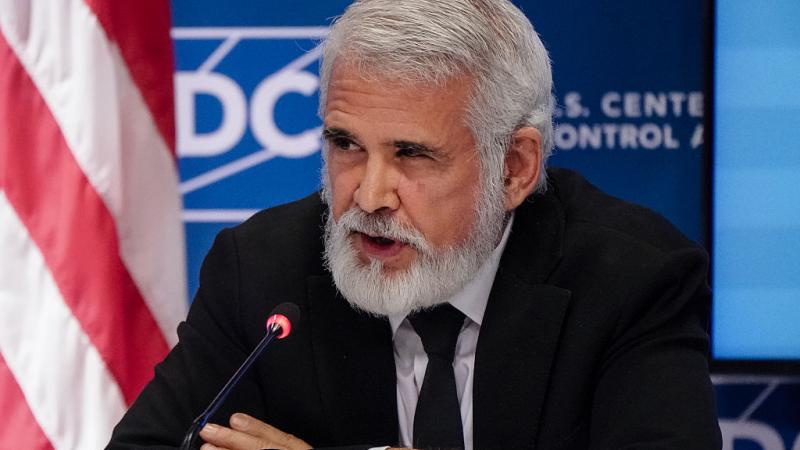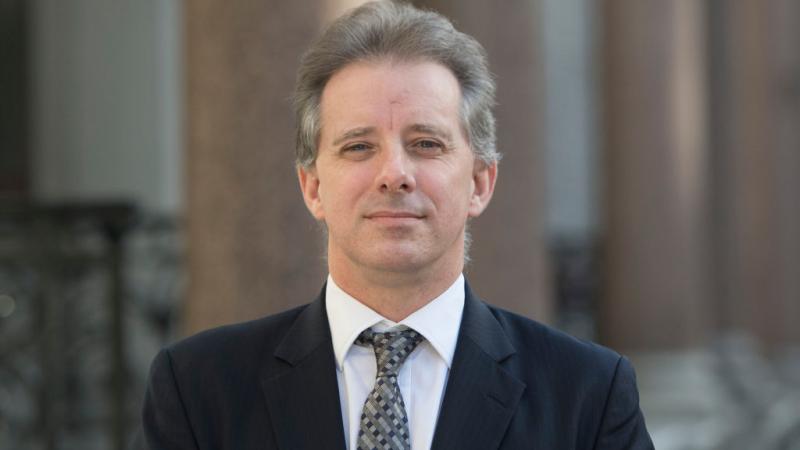Coronavirus stimulus money purportedly went to some healthcare providers facing criminal inquiries
Some former federal prosecutors said weeding out such providers would not have been difficult
The federal government’s efforts to quickly inject trillions into the U.S. economy amid the coronavirus pandemic included $30 billion to qualified healthcare providers that purportedly went to some companies and people facing civil or criminal fraud investigations.
The qualified healthcare providers were those that billed Medicare last year, according to Reuters, which first reported the purported misuse, based on interviews with defense lawyers and others representing more than a dozen firms and people facing such inquiries.
However, the wire service acknowledges that it was unable to independently determine how much of the stimulus payments went to entities and individuals involved in civil and criminal actions with Medicare.
The Department of Health and Human Services, which sent the payments, told Reuters it transmitted funds to all medical providers who submitted billings in 2019 to Medicare, the federal health insurance program for elderly and disabled Americans, unless they had already been excluded from participating.
Katherine Harris, a spokeswoman for the HHS Office of the Inspector General, said her office oversees the program but declined to comment on the specific distribution of funding, according to the wire service.
Reuters reports seeing an email to funding recipients in which HHS asks providers to sign a document acknowledging they have been or will be treating patients suffering from COVID-19, the disease caused by the new coronavirus.
If providers do not respond within 30 days, HHS said it will assume they have accepted the government’s terms and conditions, the wire service reports.
The funds came from the $2.3 trillion CARES Act passed by Congress.
Unlike money in that package for small businesses and that requires companies to apply, some of the healthcare funding was initiated by the Department of Health and Human Services and arrived unexpectedly in the bank accounts of many healthcare providers, according to the wire service.
Reuters interviewed six defense lawyers and others representing roughly a dozen healthcare providers facing civil or criminal inquiries who received the money.
Some former federal prosecutors said it would not have been difficult for HHS to weed out such providers.
“If fraudulent providers, either convicted or under investigation, are receiving CARES Act bail-outs automatically, without any vetting, then shame on the government,” said Paul Pelletier, one former prosecutor.
Defense lawyers pointed out to Reuters that people charged with crimes are innocent until proven guilty, and they are not usually barred from billing Medicare until well after they are convicted of a crime. People facing criminal healthcare charges usually agree to stop billing Medicare as a condition of their bond, they also said.















